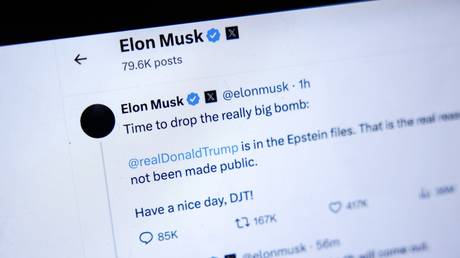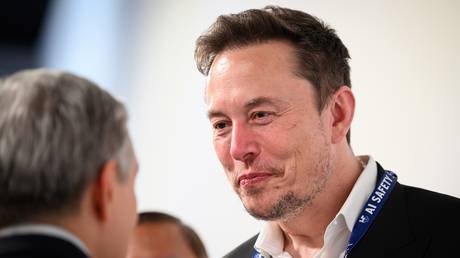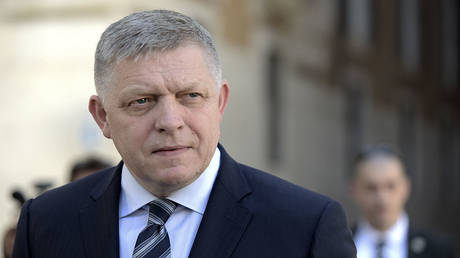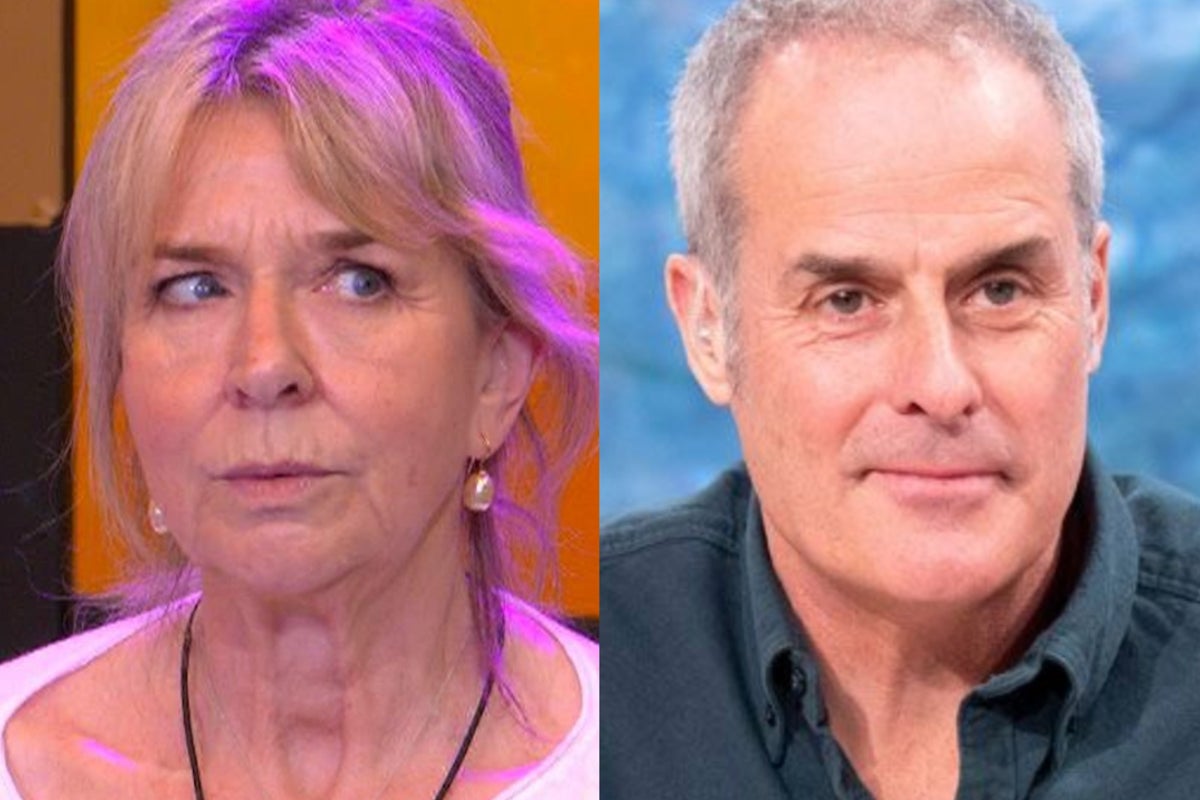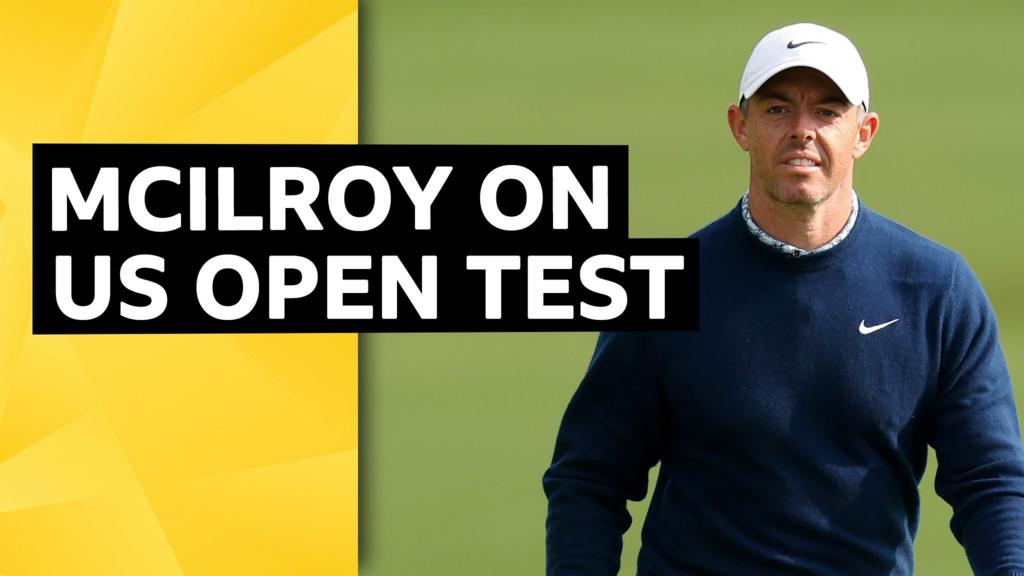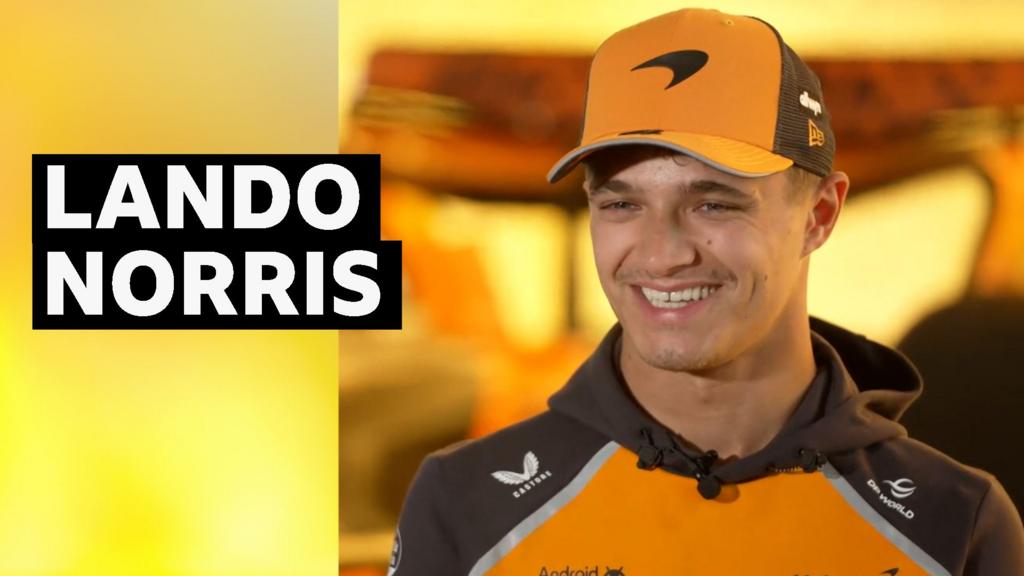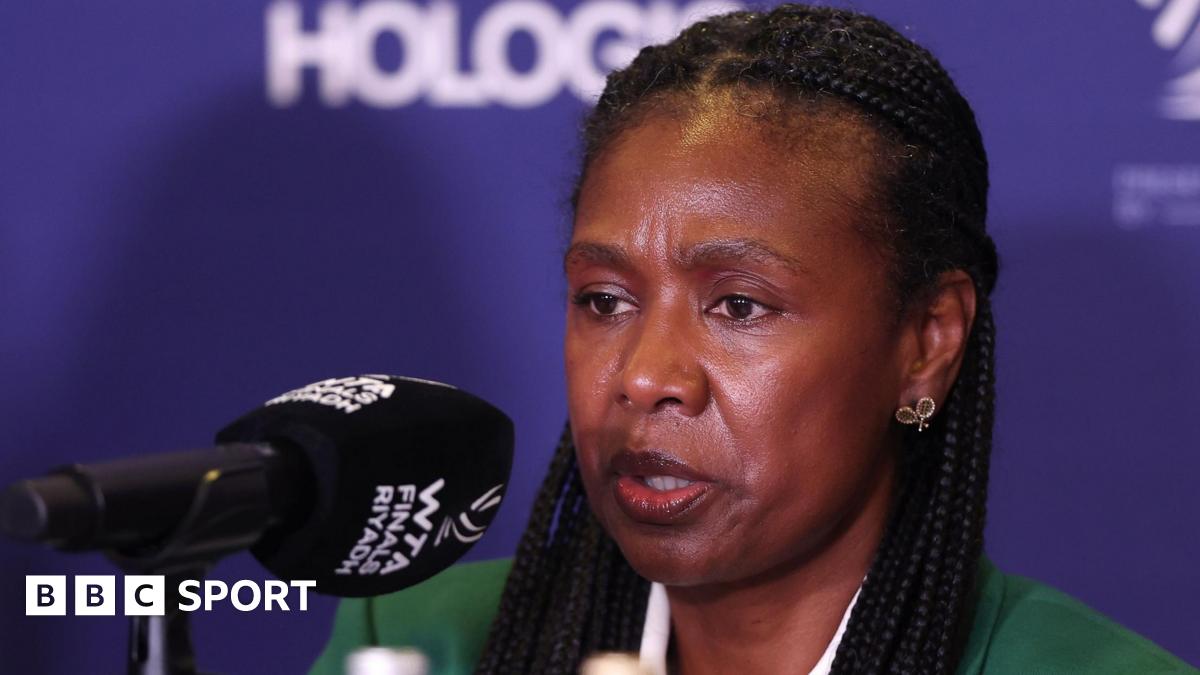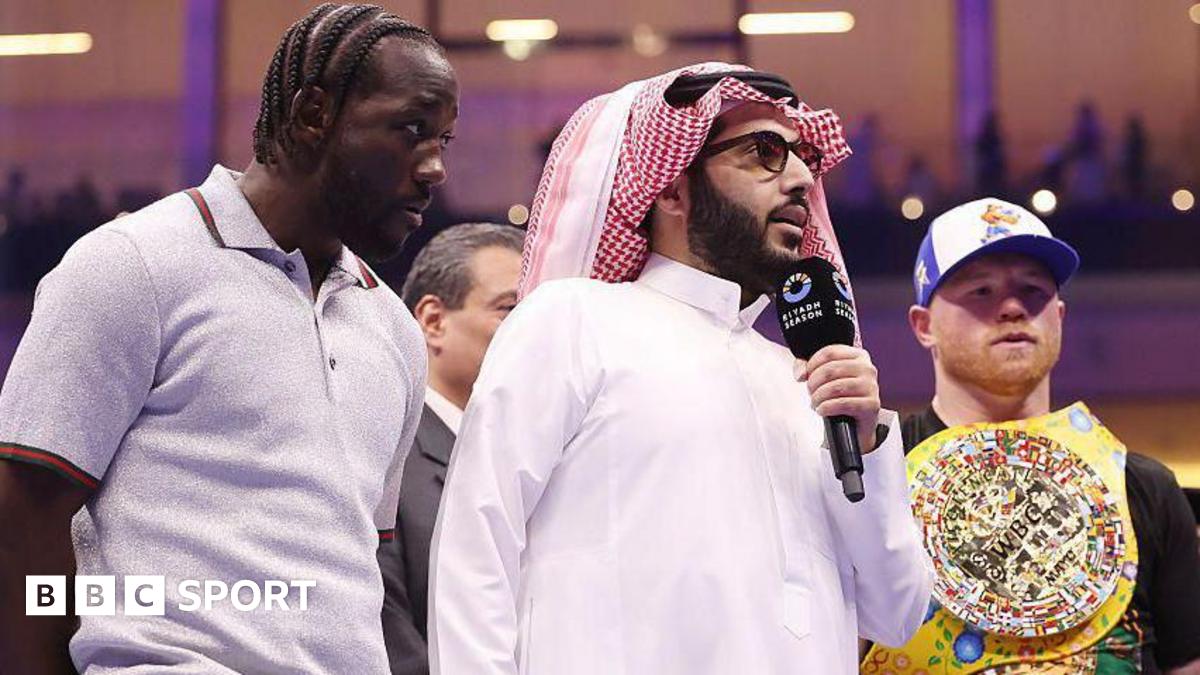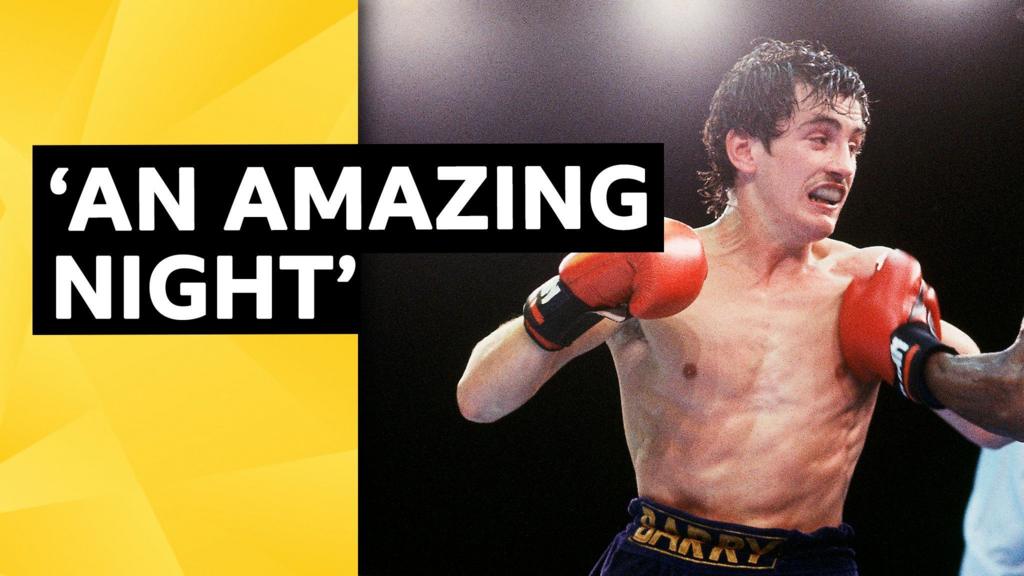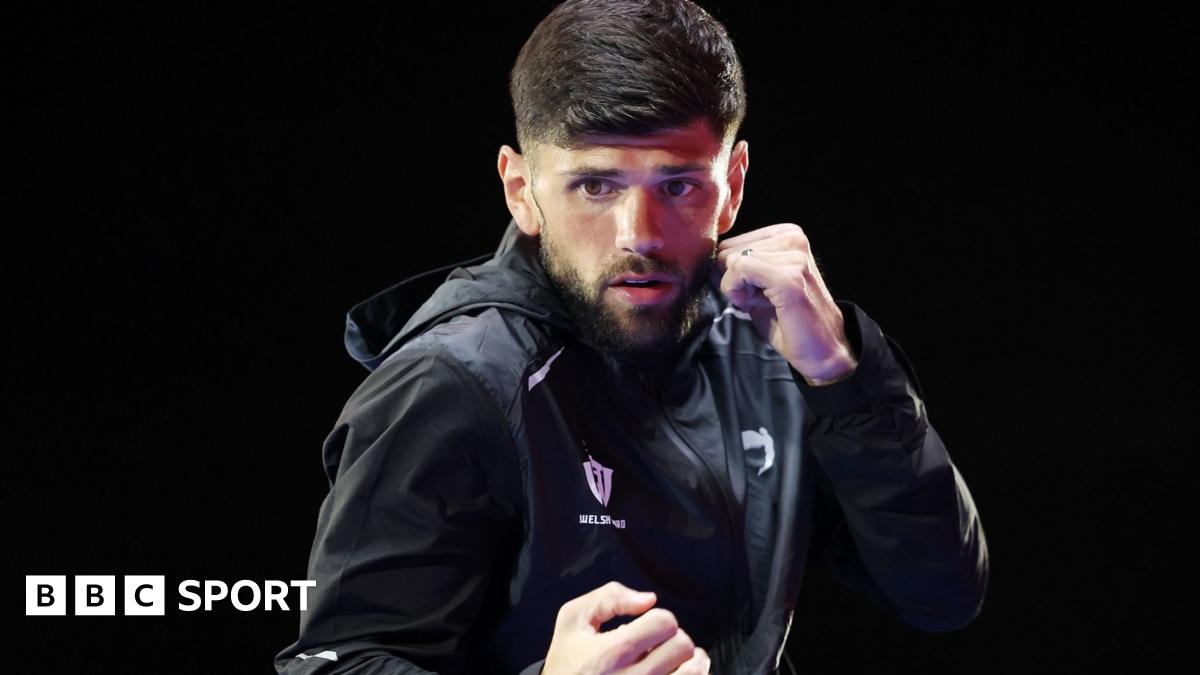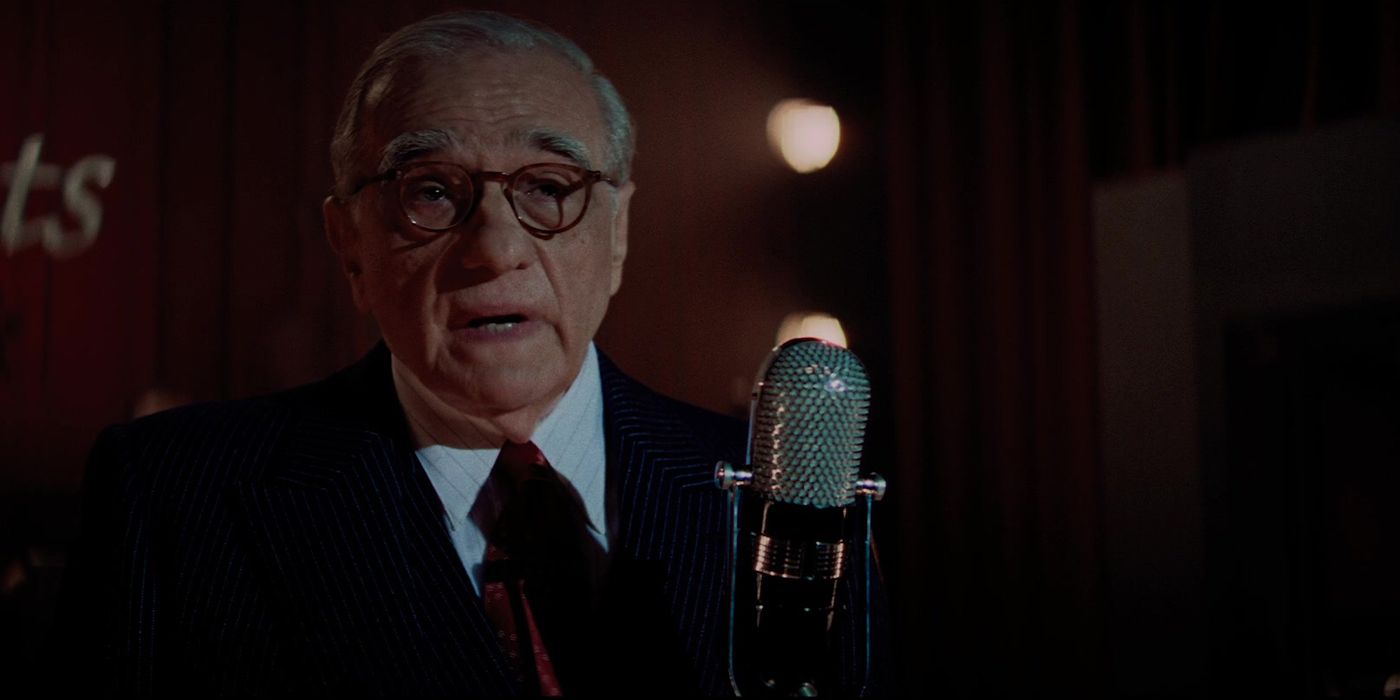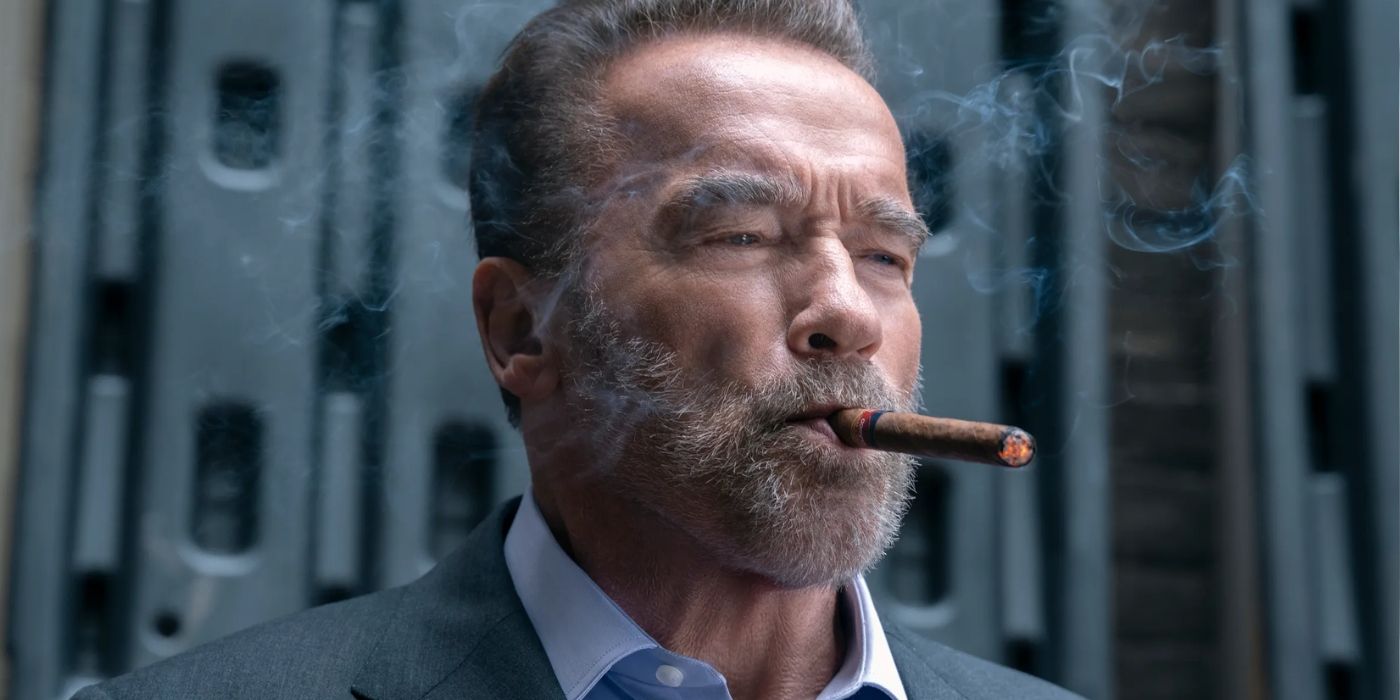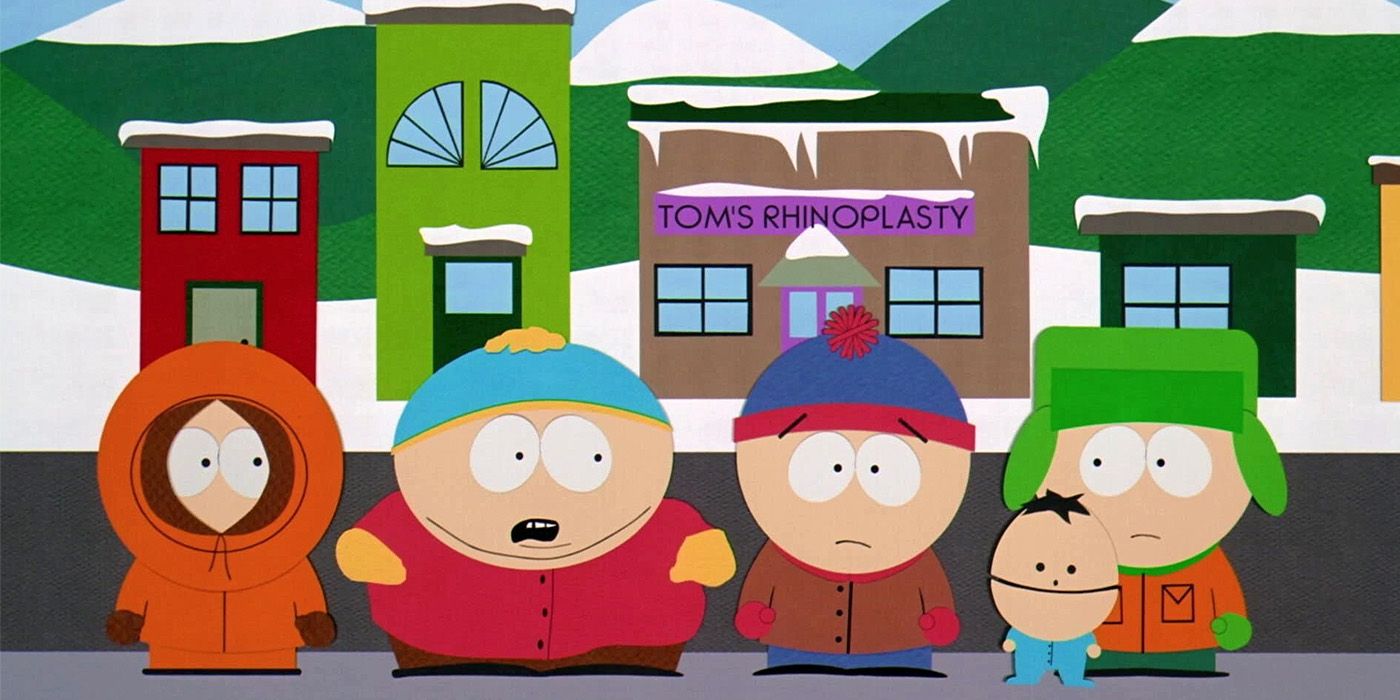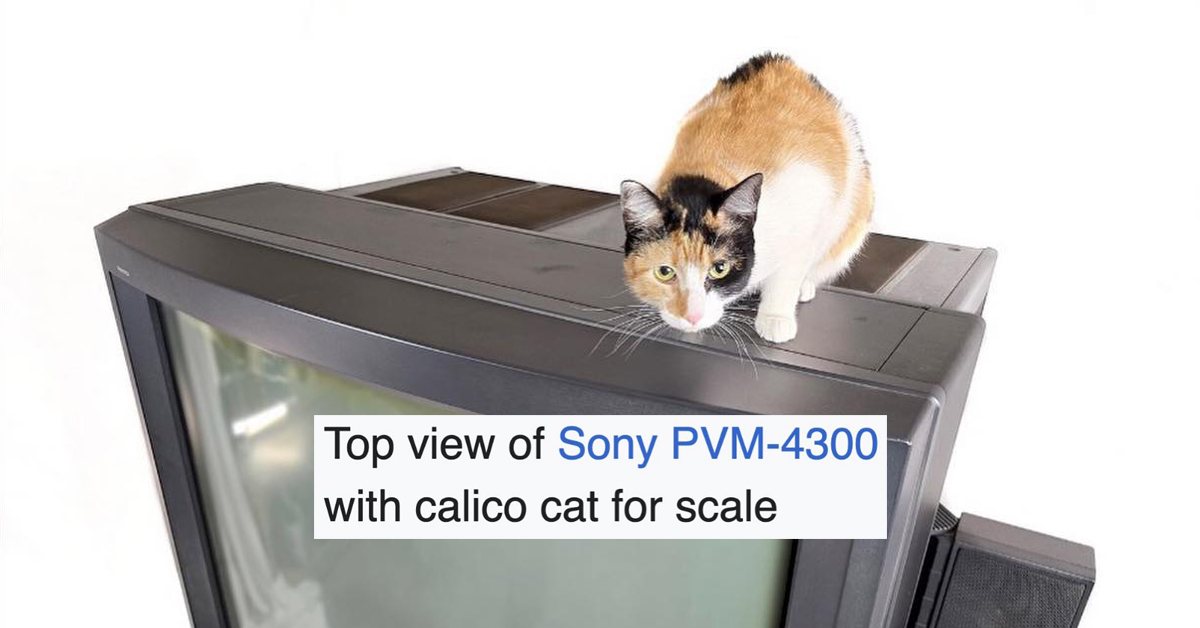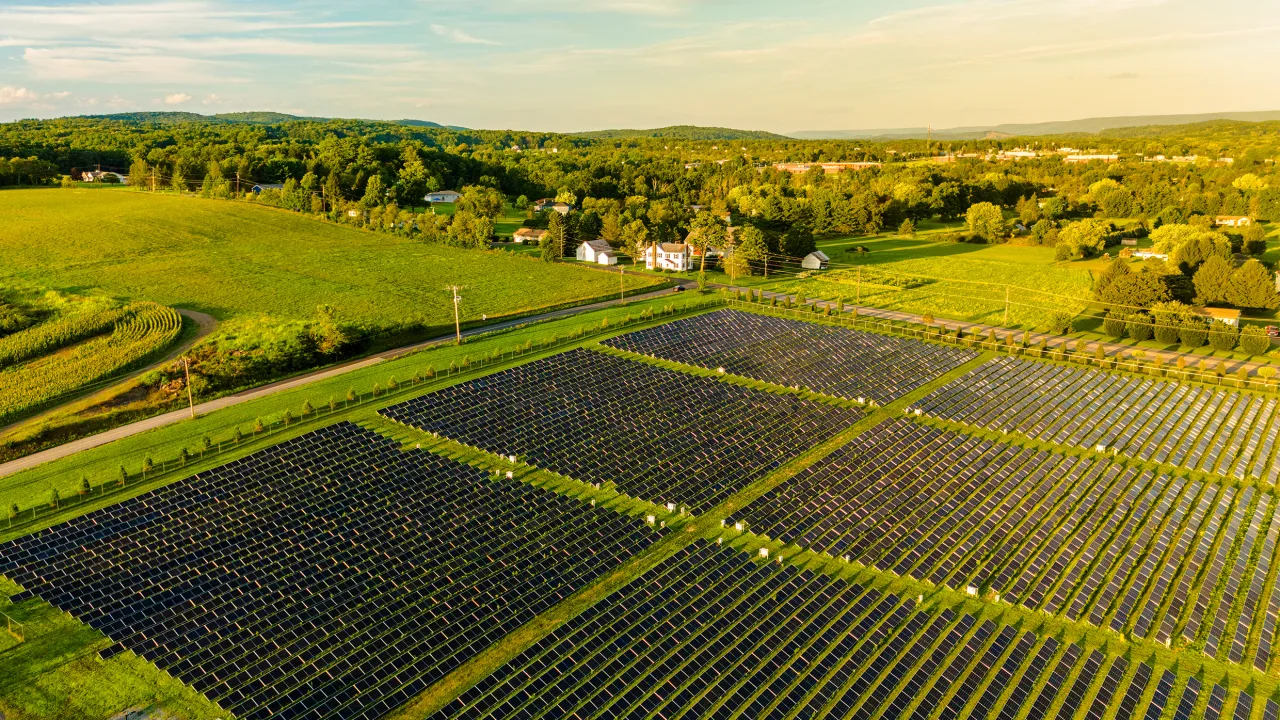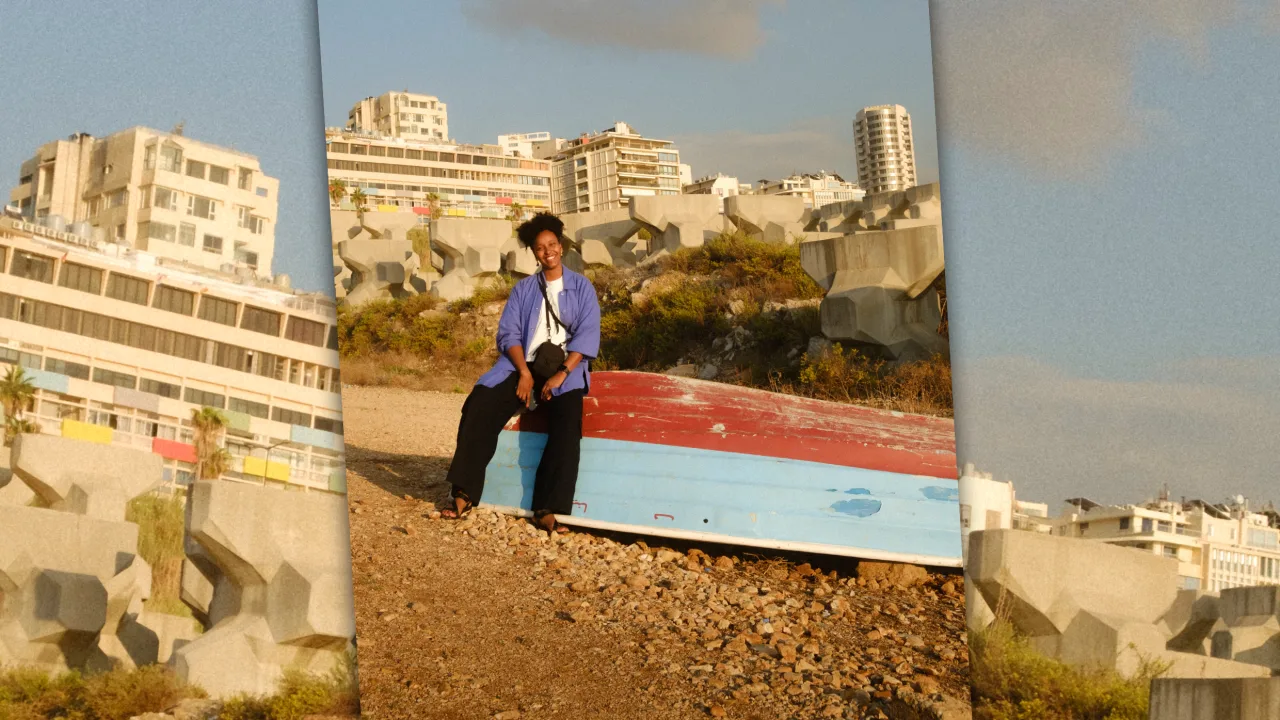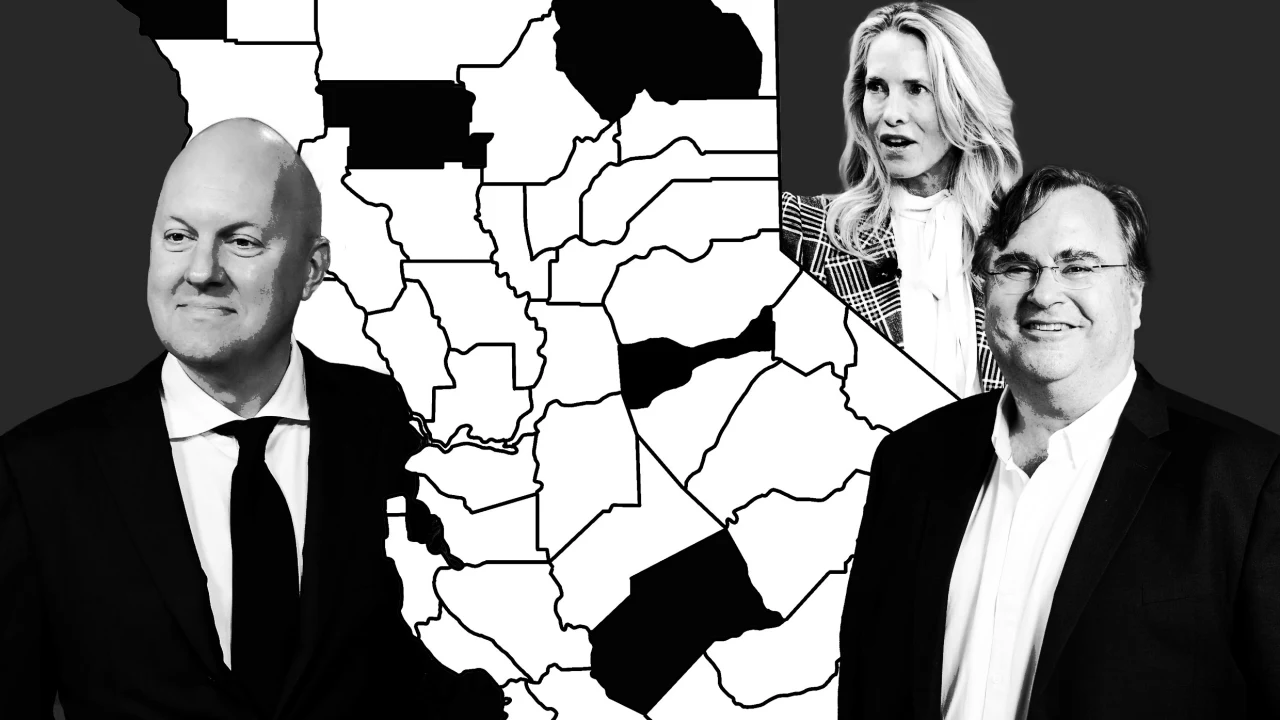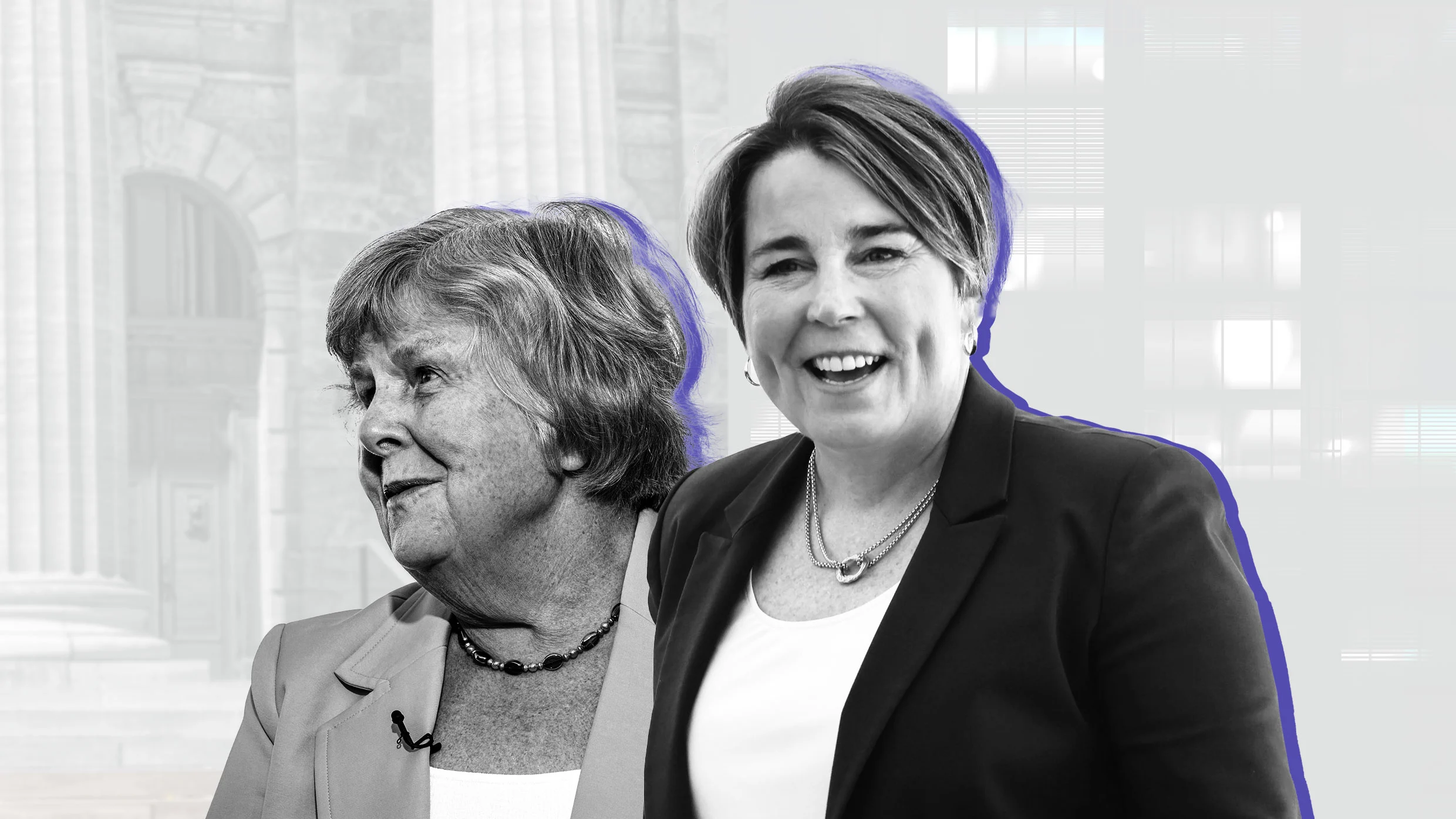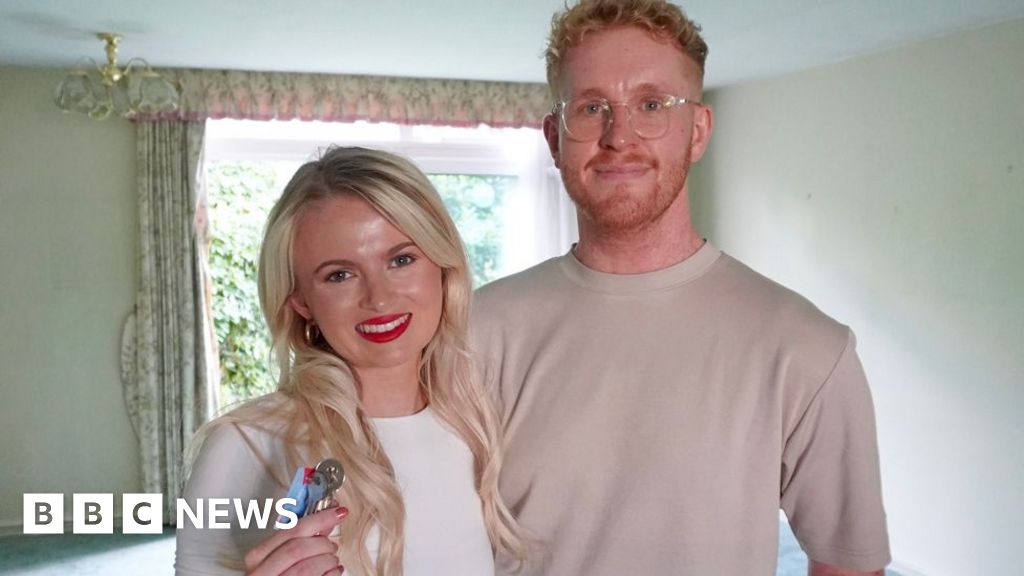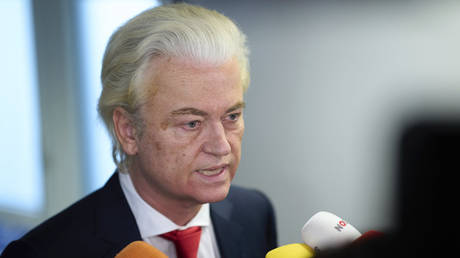Ford is opening a new community center in rural Tennessee. It’s changing how corporations give back
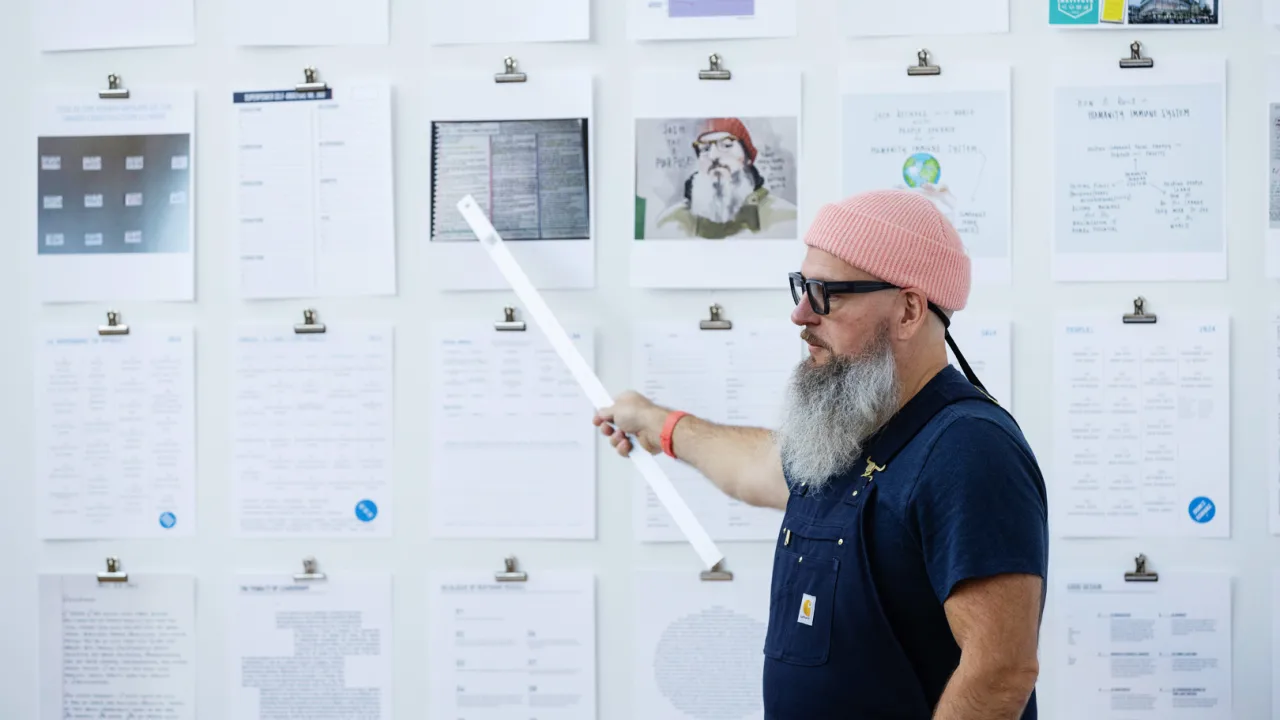
In a sprawling, 6-square-mile plot of land in rural West Tennessee, the Ford Motor Co. is building a massive new electric vehicle assembly plant it’s calling BlueOval City. Estimated to cost more than $5.6 billion and create more than 6,000 jobs, the industrial park is envisioned as the world’s most modern automotive manufacturing facility since Ford pioneered the assembly line. It will also remake this part of Tennessee, which has seen little, if any, economic development in decades. But despite this scale and ambition, the most impactful part of the project may be tucked inside a 3,600-square-foot dilapidated schoolhouse.
The schoolhouse is being transformed into the new Ford Community Center for the city of Stanton, population 415, which sits closest to the edge of BlueOval City. Located 50 miles outside of Memphis, Stanton is a predominantly Black community built on former plantation land. Once the heart of the community, the schoolhouse was decommissioned after desegregation. Now through an unusually community-centric process, the building is being converted into a resource center that provides residents with job training, financial literacy, healthcare access, legal services, and more.
“It’s a front door for helping people who wish to participate in the rising tide of BlueOval City,” says Josh McManus. His consultancy, M|B|P, spearheaded this community-focused approach, which involved more than 2,500 hours of community meetings and input sessions to understand what was needed before any investment was made.
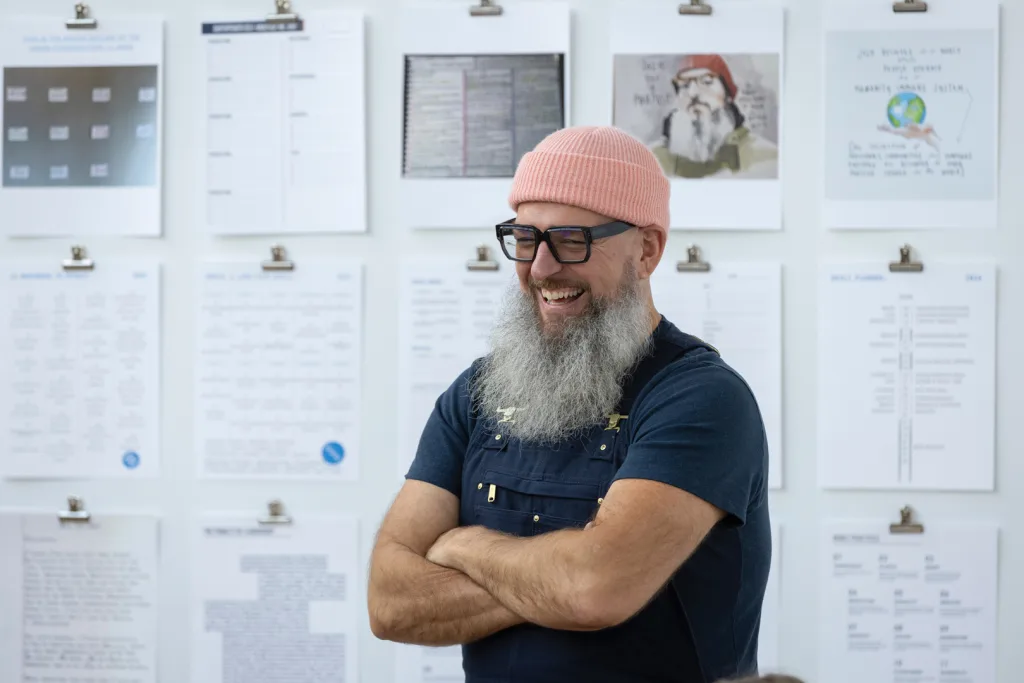
“What you find very fast is there are a lot of lifelong residents in the area who, because there’s been next to no economic activity there for a long time, are in need of hard skills and soft skills,” McManus says.
Working directly with Ford Philanthropy, the automaker’s philanthropic arm, and Civic, a New York-based creative and marketing agency, M|B|P did on-the-ground research to learn about the conditions in the community, and used that information to set a 15-mile radius around the plant as the zone of its greatest potential local economic impact. “Little by little we came to realize that there’s no physical space for the community to gather. There’s no physical space from which to conduct these forward and upward social services,” McManus says.
Dialing in on the needs of the people within that zone, M|B|P suggested creating a central space where community members could access the services, training, and resources they would need to either get a job at the BlueOval City plant or play some other role in the economic development it would bring to the region. The empty schoolhouse, known to nearly everyone in the community, was an obvious location to focus this corporate giving.
Anticipated to fully open by early 2026, the new community center is part of a $9 million investment by Ford Philanthropy in the community around BlueOval City, which has been under construction for three years. Ford announced in September 2024 that production at BlueOval City would be delayed by 18 months, pushing back its opening until 2027. Earlier this year, the company projected up to $5.5 billion in losses on its electric vehicle and software operations in 2025.
Mary Culler is president of Ford Philanthropy, which was founded in 1949 and made more than $76 million in philanthropic contributions in 2024. She says McManus was instrumental in helping ensure the project was more than just a tone-deaf exercise in corporate social responsibility. “It’s easy to say let’s do a community center, we’re open to everybody, we’re going to help you or support you. But in some ways you could end up with a big peanut butter smattering of nothingness if you’re not really focused,” Culler says.
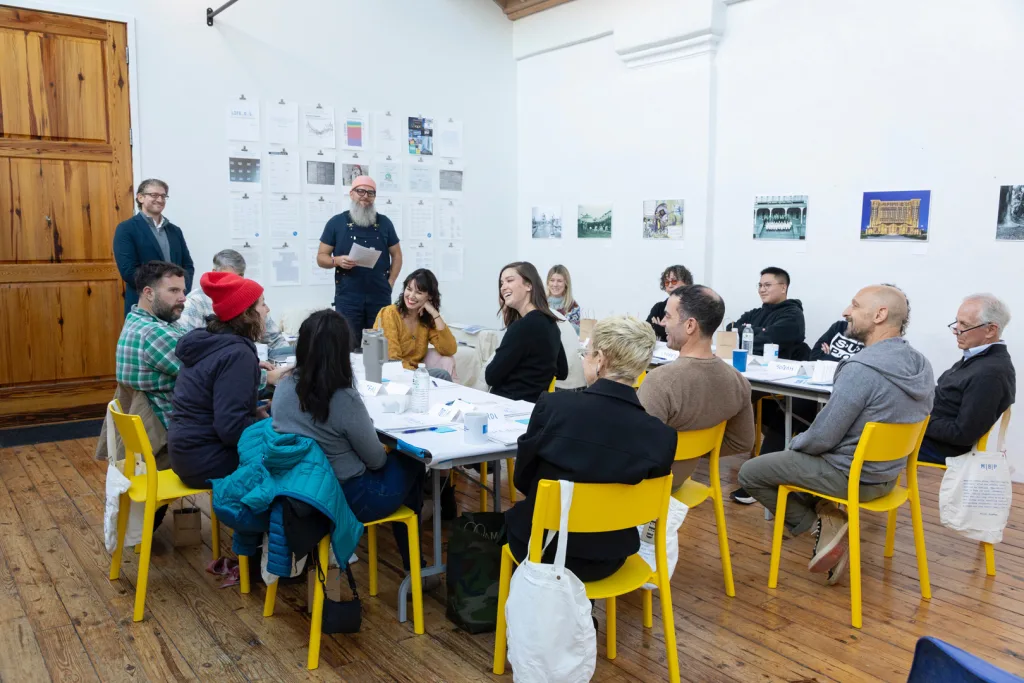
McManus has come to understand the importance of using community data and community input to guide these kinds of place-based corporate giving efforts. Born into a middle-class family in a factory town in the South, he started his career at the United Way in Atlanta and then Chattanooga. He went on to found his own nonprofit, CreateHere, focused on arts, economic, and cultural development initiatives in Chattanooga.
In 2015 he relocated to Detroit to serve as chief operating officer of Rock Ventures, the family office of Rocket Mortgage founder Dan Gilbert, who had been investing heavily in redeveloping the struggling city’s downtown, restoring abandoned buildings and leading a surge in downtown’s residential population. Working as Gilbert’s “right hand” on these interventions, McManus saw the transformative potential of applying a corporation’s deep pockets to projects with both a bottom line and a broader community impact. “I had the ‘aha’ that [capitalism] wasn’t to be avoided, it was to be harnessed,” McManus says, “and that there was a way to find the intersection of moral imperative and market imperative.”
After leaving Rock Ventures in 2017, McManus dabbled in other place-focused philanthropy and even founded a fintech startup before establishing M|B|P in 2020. Since then, he’s been working with major corporations like Ford, large foundations, and smaller nonprofits to use their philanthropic and mission-driven investments to create more impactful benefits in communities. This approach is a redesigning of corporate social responsibility, engaging more deeply in communities and working to provide the kinds of resources they actually need.
When so much corporate giving takes the form of sprinkling money out into small-scale nonprofits, McManus sees a more targeted and personal strategy that he believes can give both the corporations and the communities more desirable outcomes. “I believe that the spray-and-pray model of corporate philanthropy that’s existed before can be improved upon,” he says.
The community center connected to BlueOval City is one example of this change. Ford Philanthropy’s Culler says the project shows that there’s a shift underway, and that a growing number of companies are seeing the wisdom in using their dollars more strategically than performatively. She says McManus helped the BlueOval City project to make as comprehensive an impact as it could.
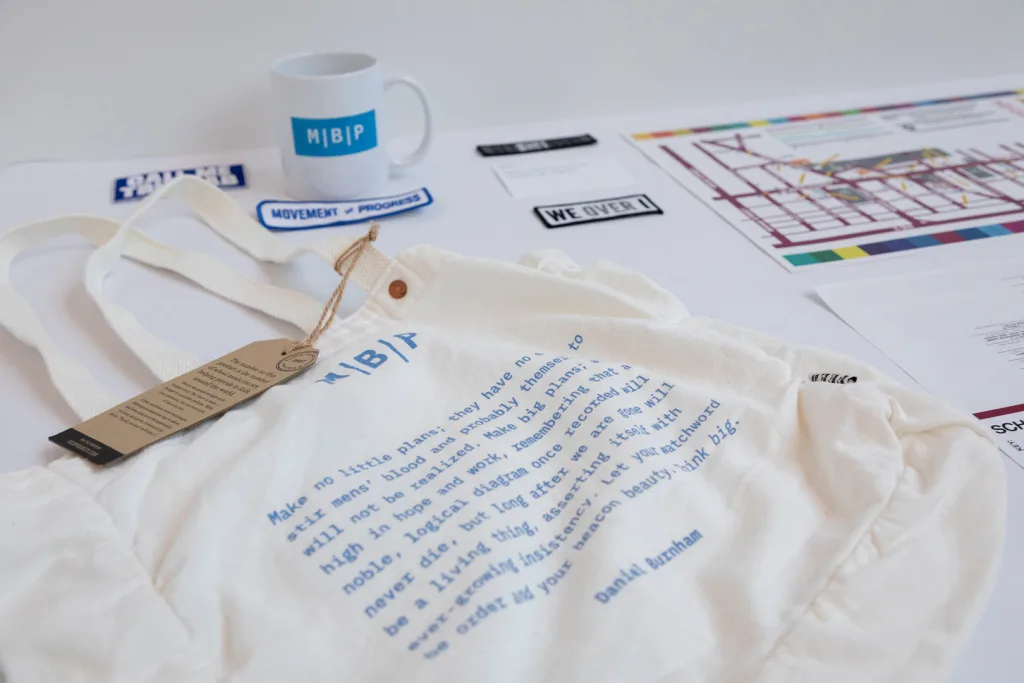
Instead of bringing in a caterer from Memphis for events, they hired a local cook, and helped turn her into a caterer. Instead of renting tables and chairs from an existing rental company outside of town, they helped locals form their own furniture rental business. “Corporate philanthropy has learned that it’s less about dictating programs that they think are important and more about listening to the community and building capacity for organizations to really deploy and do what they probably know best to do right there on the front line,” Culler says.
McManus says M|B|P—an homage to architect and urban designer Daniel Burnham’s famous 1909 advice to “make big plans”—is actively working on projects with other Fortune 500 companies, as well as some foundations and family offices like Gilbert’s Rock Ventures. Even at a moment when political friction and economic uncertainty have clouded many companies’ short- and long-term vision, McManus is seeing growing interest in his approach to corporate giving and investment. “If you don’t like the big plan that’s in place,” he says, “posit your alternate scenario and then build audience for that as fast as you can.”
That’s the gumption behind the community center in Stanton, and why McManus sees it as a model for corporate giving that actually makes an impact on a community. “I mean, it’s a tiny, tiny intervention,” he says. “But it’s built on a much bigger idea.”
What's Your Reaction?
 Like
0
Like
0
 Dislike
0
Dislike
0
 Love
0
Love
0
 Funny
0
Funny
0
 Angry
0
Angry
0
 Sad
0
Sad
0
 Wow
0
Wow
0




